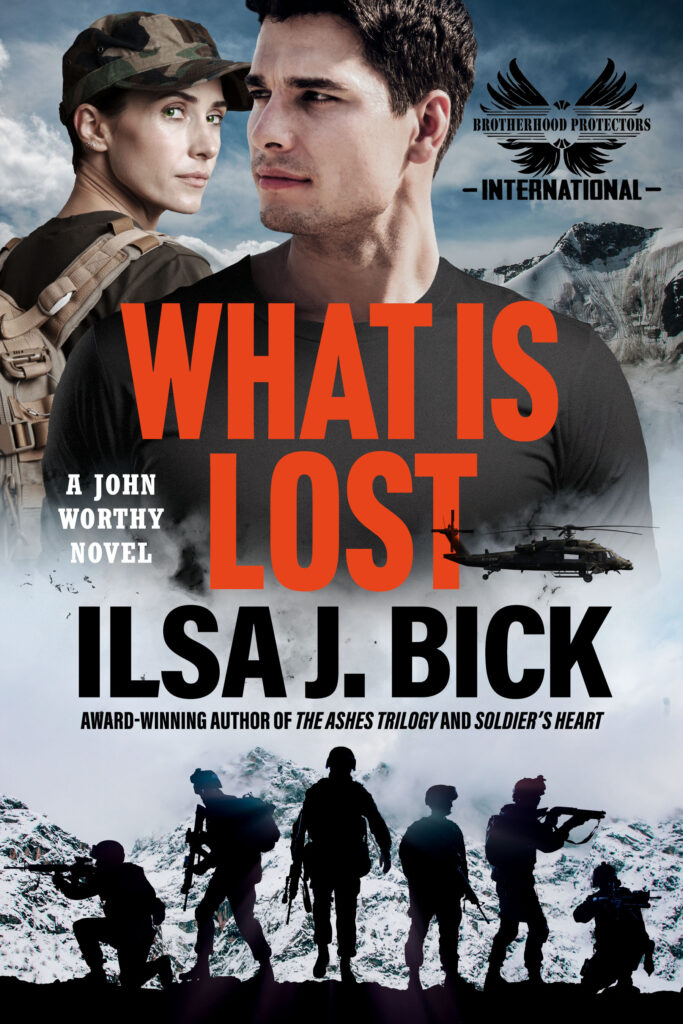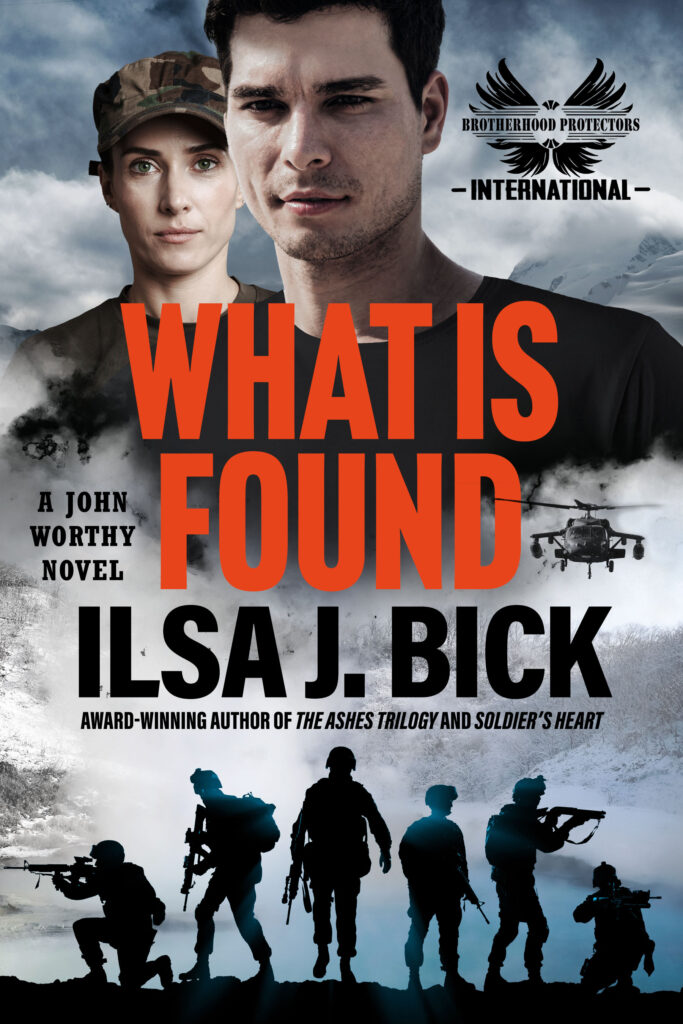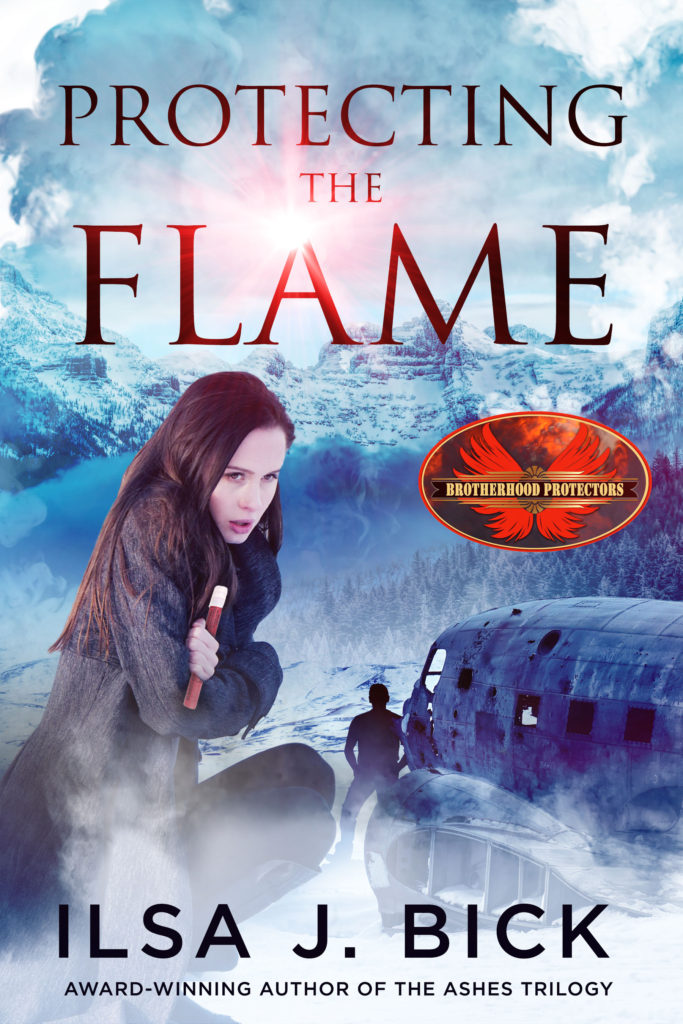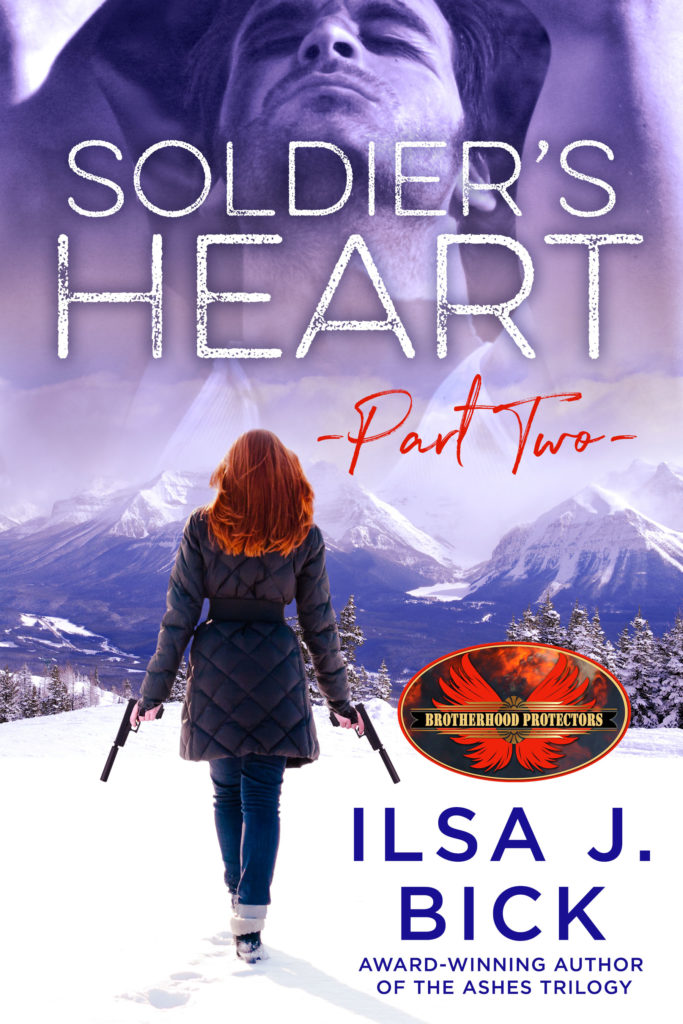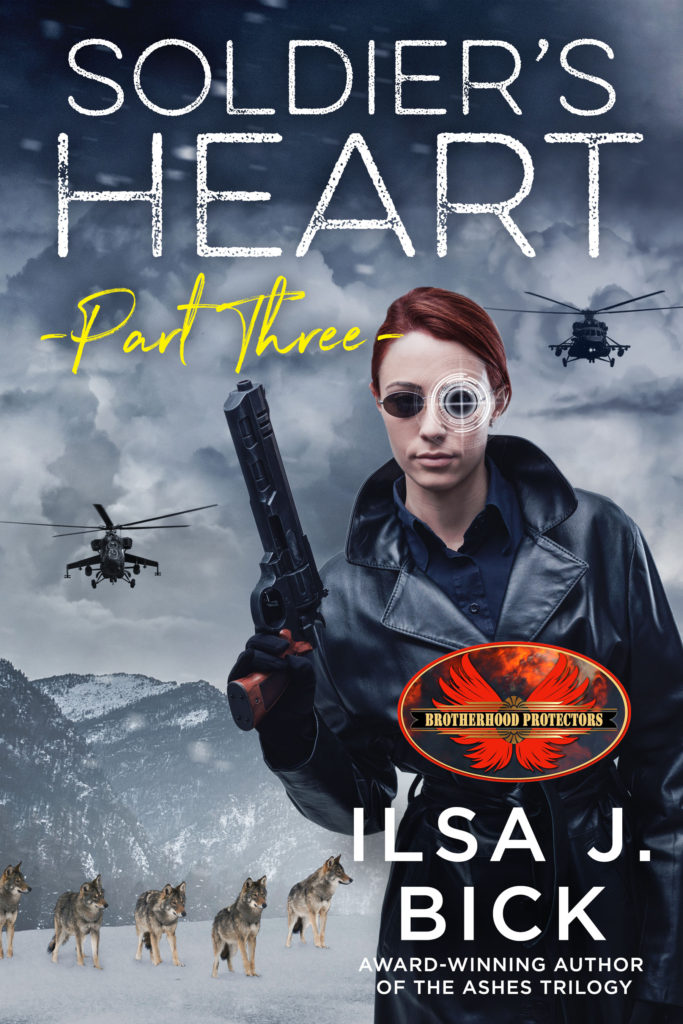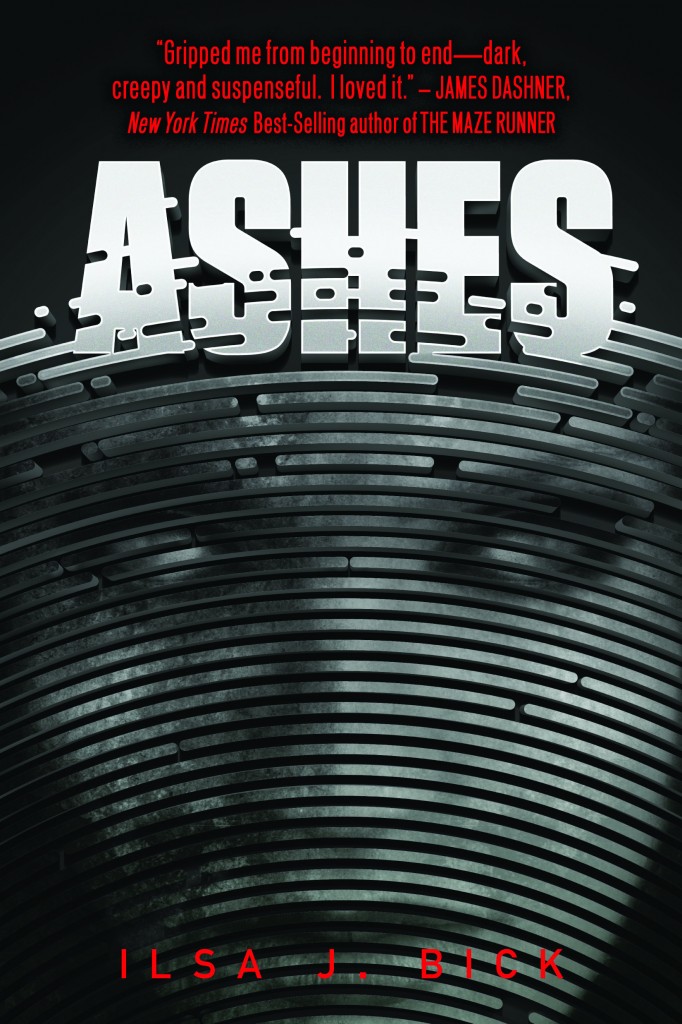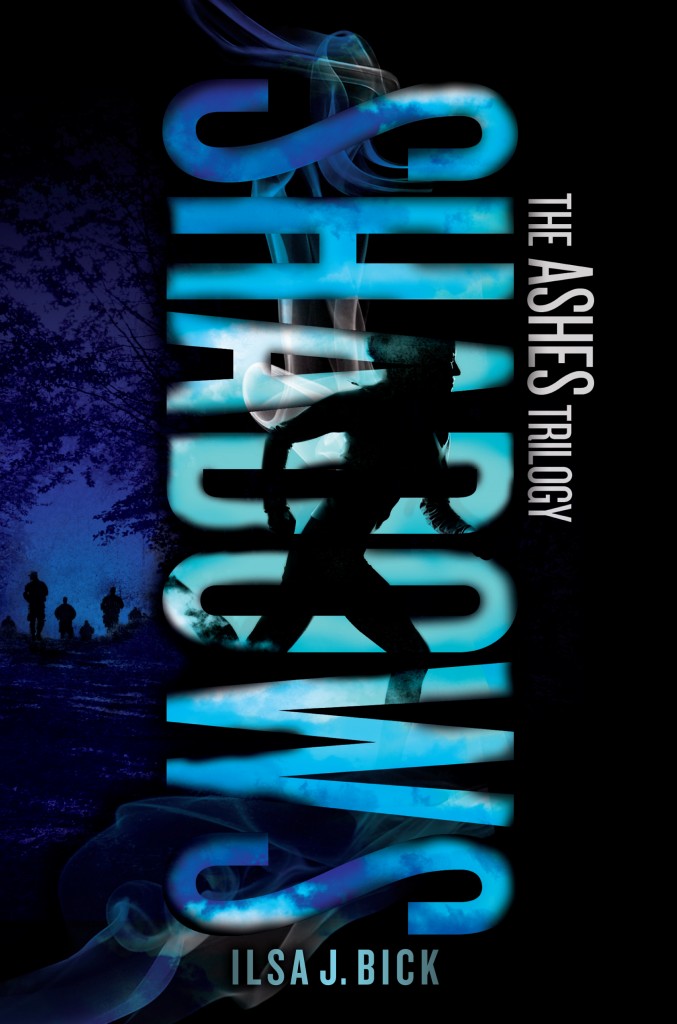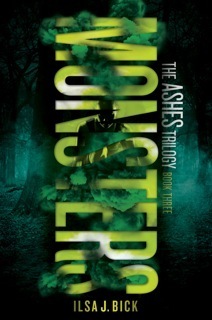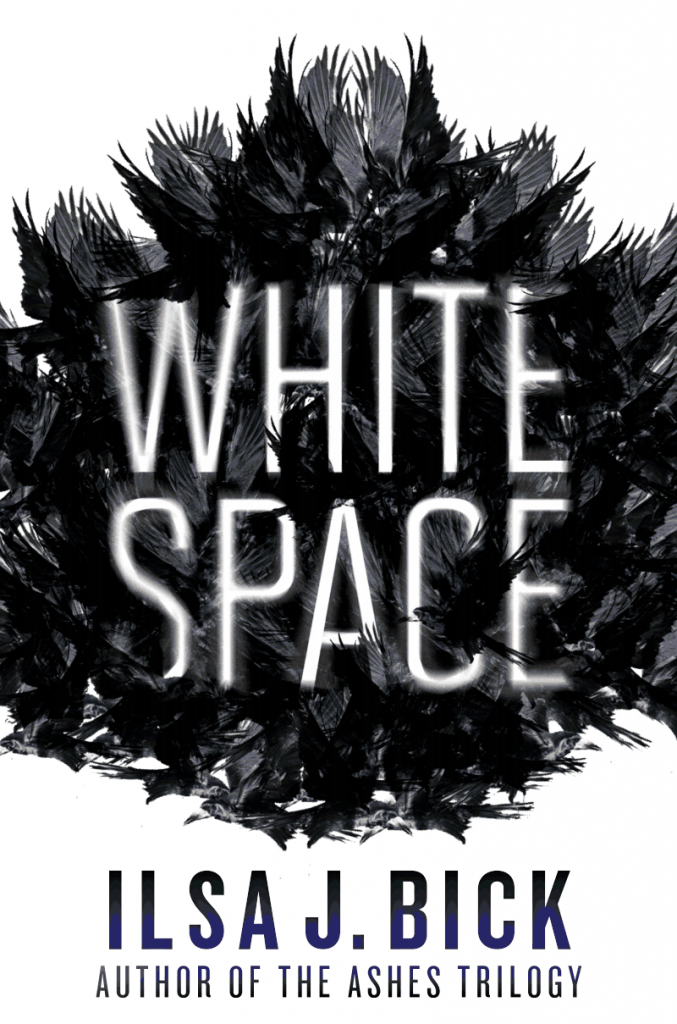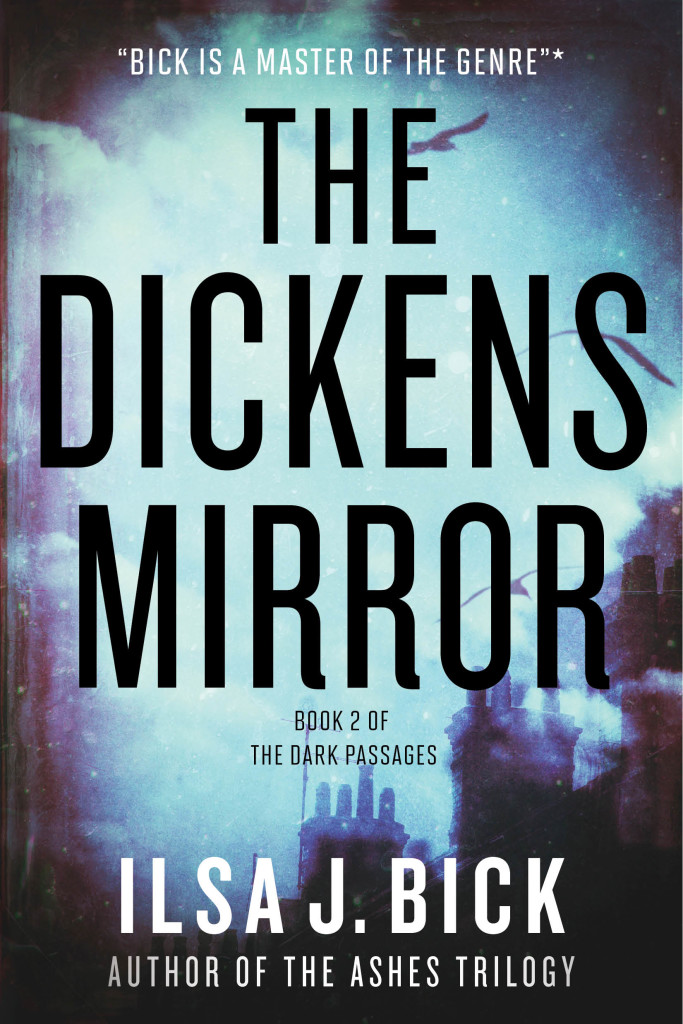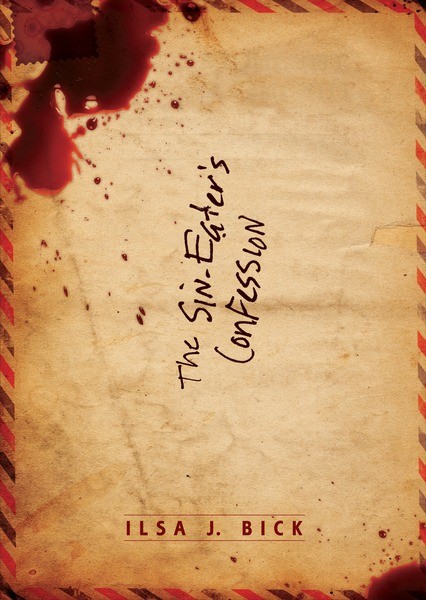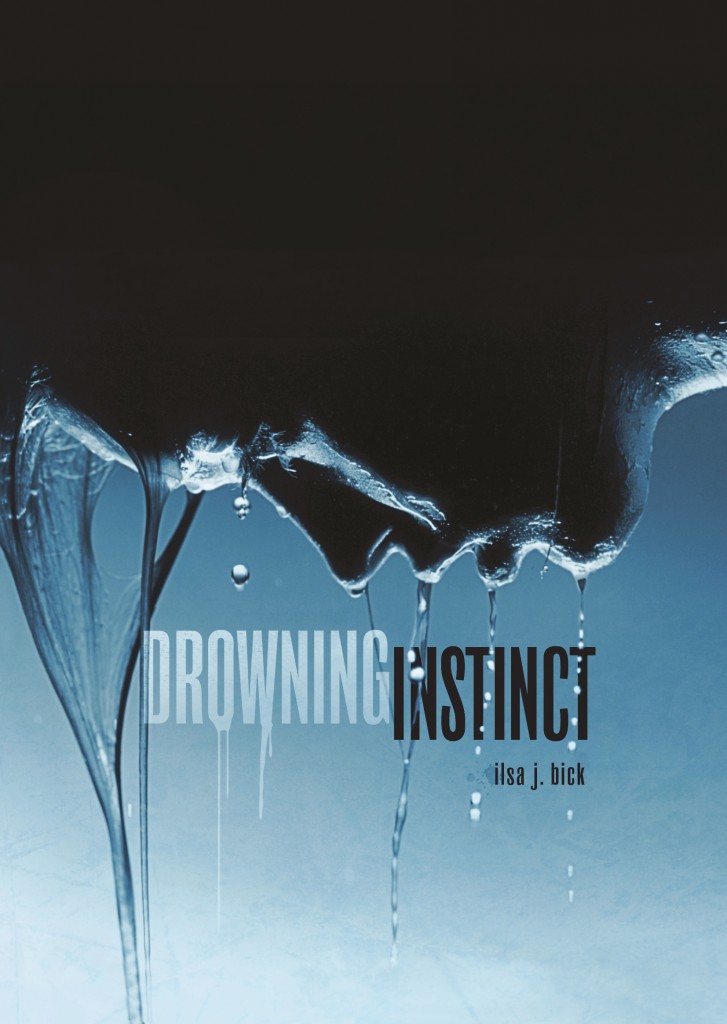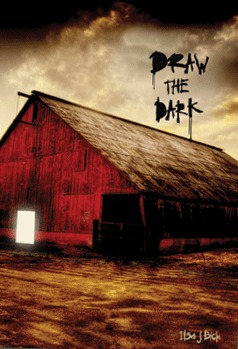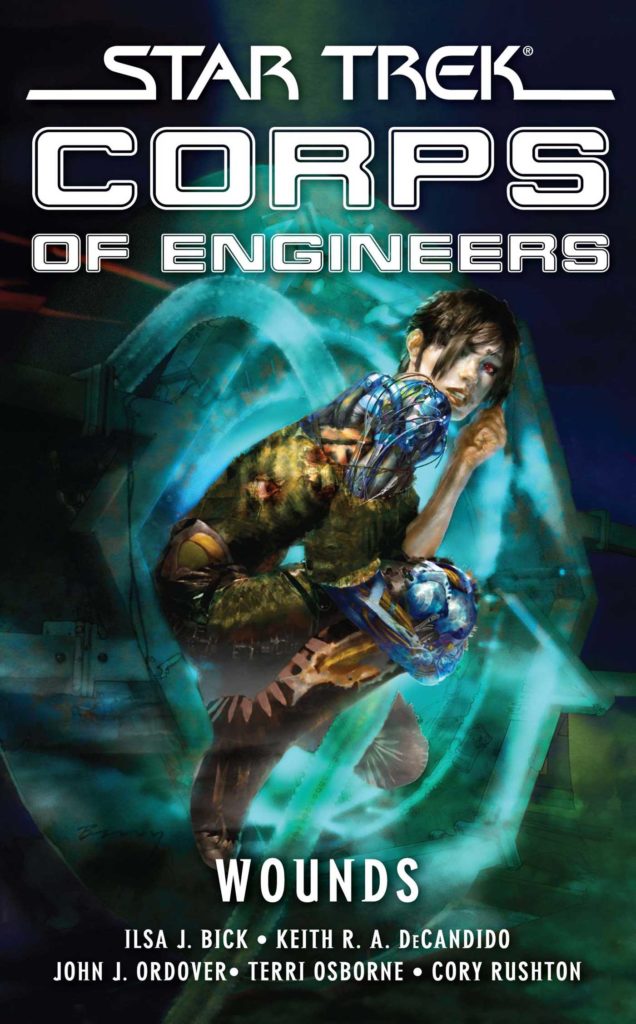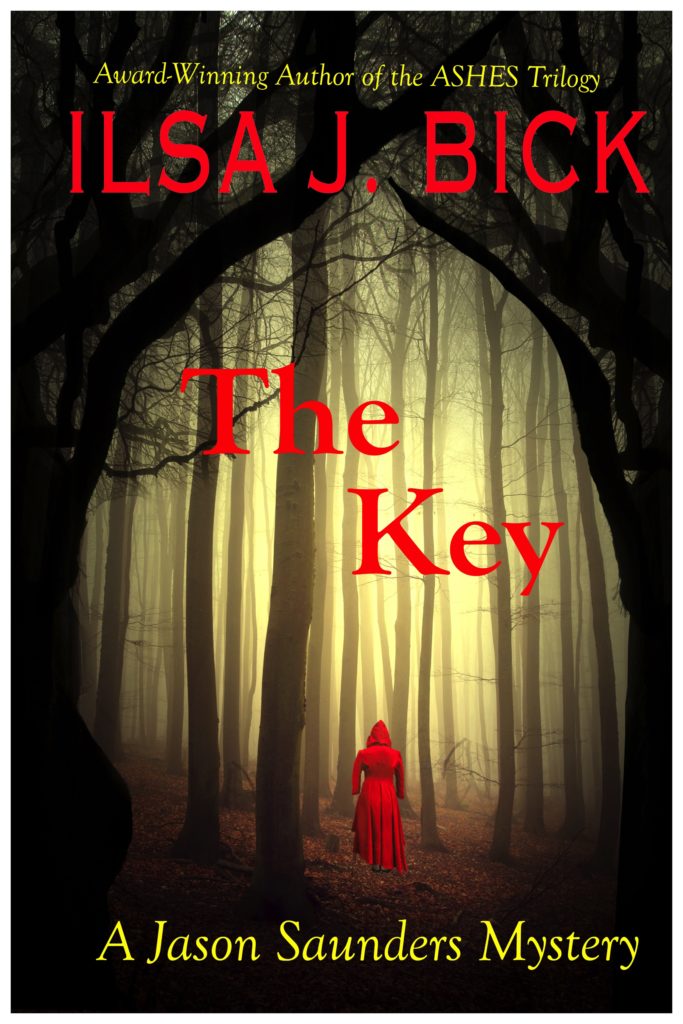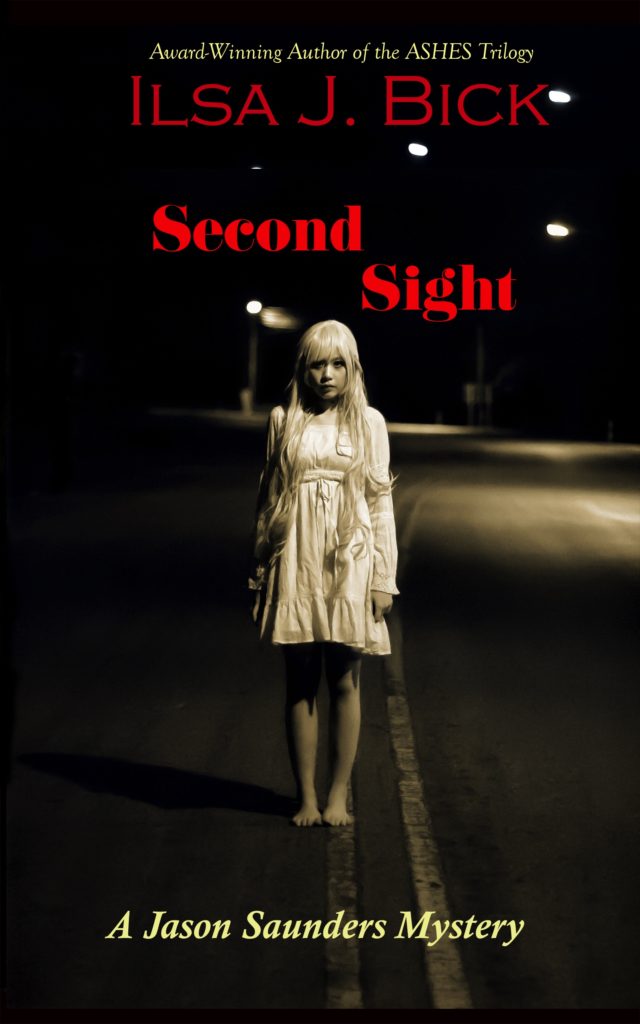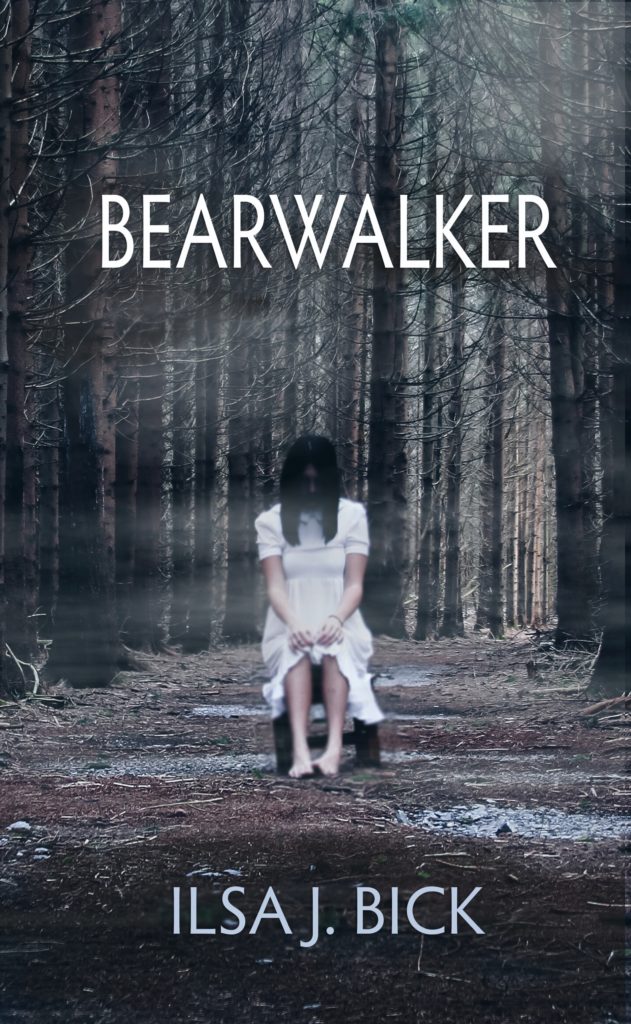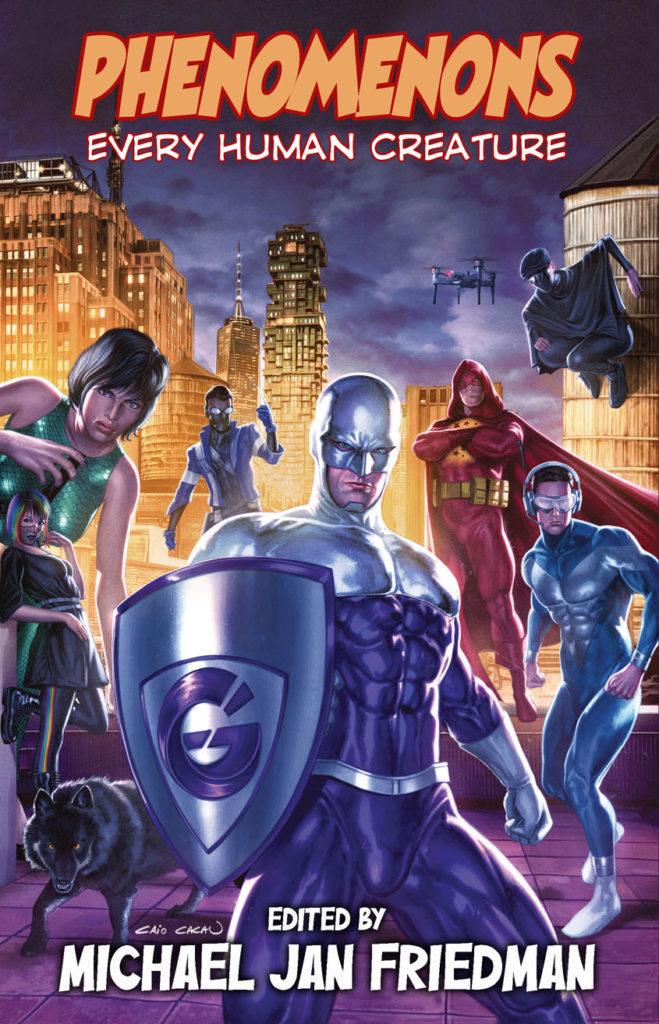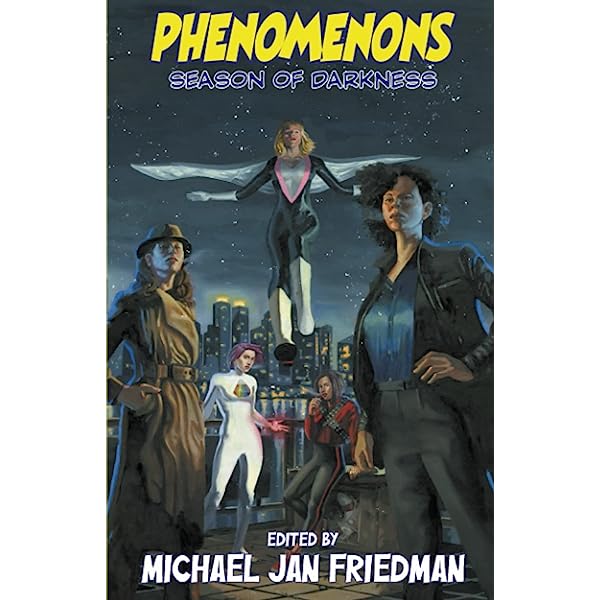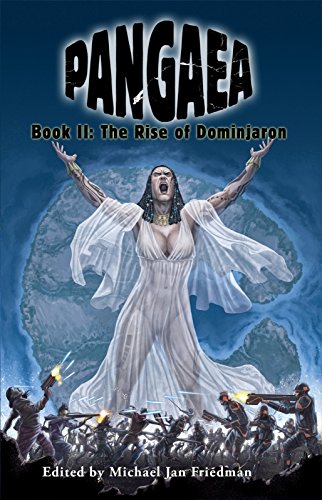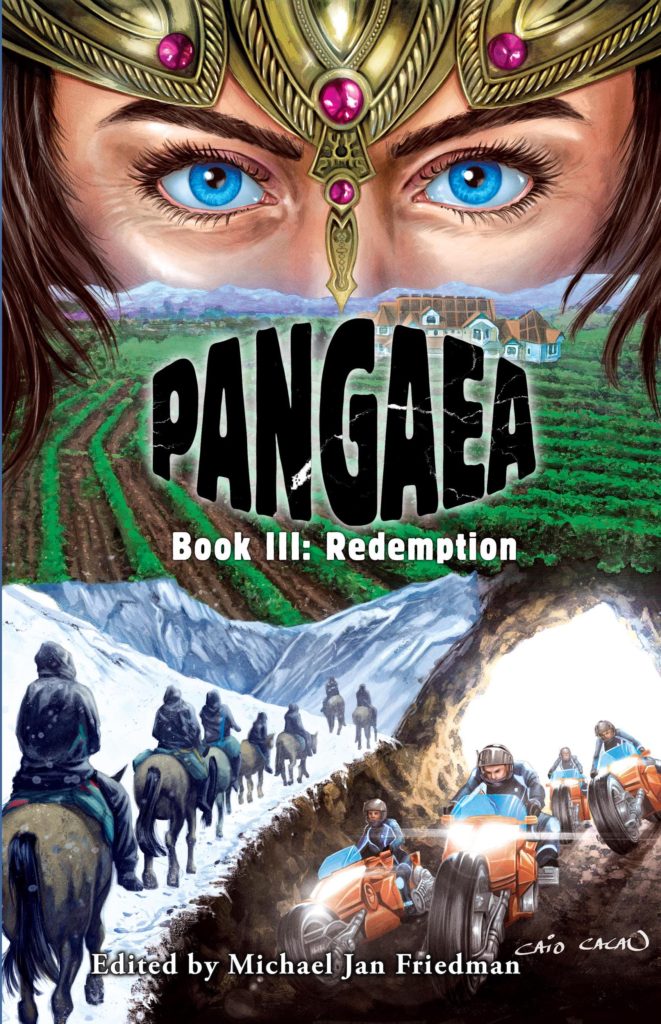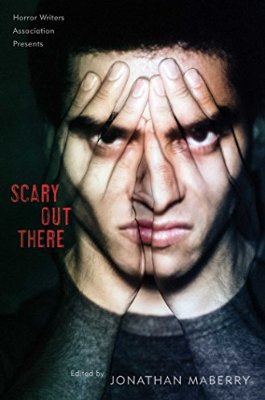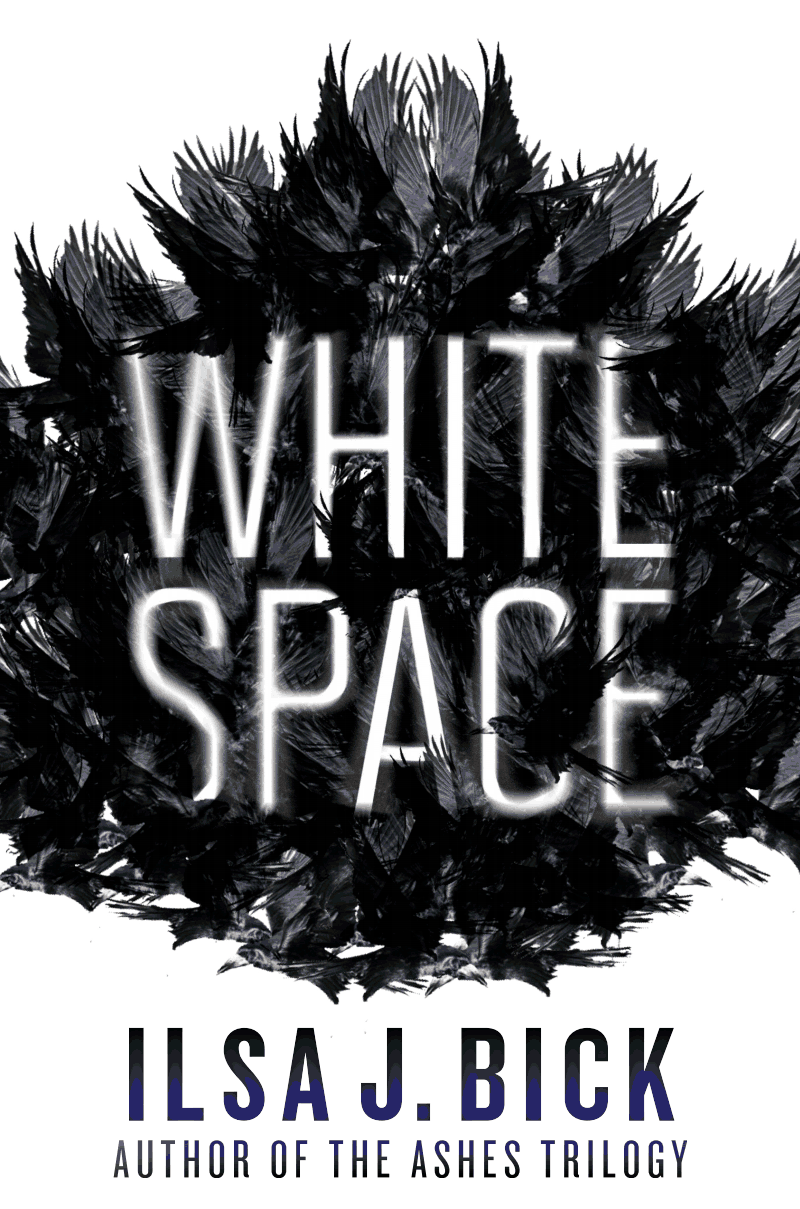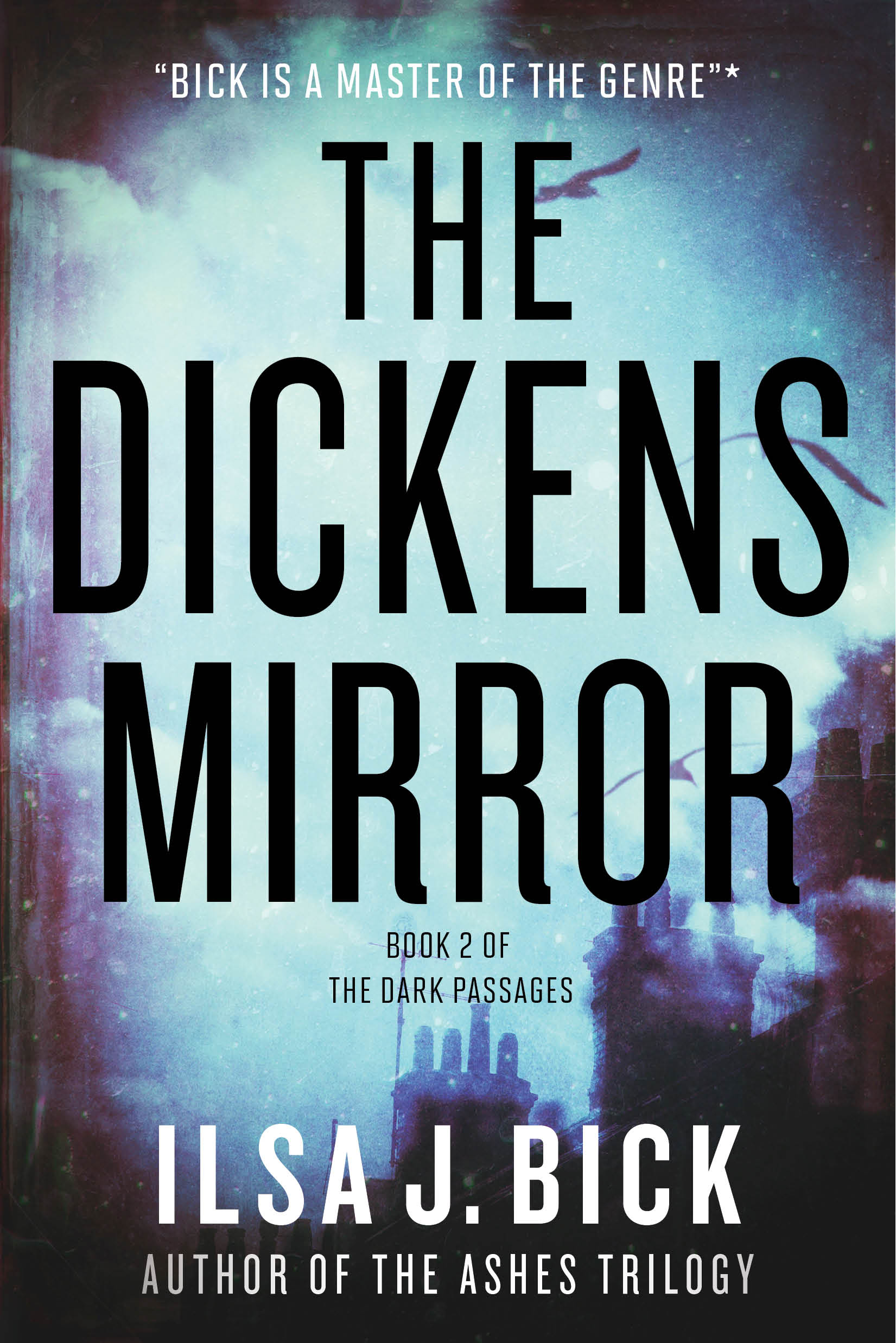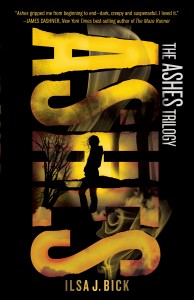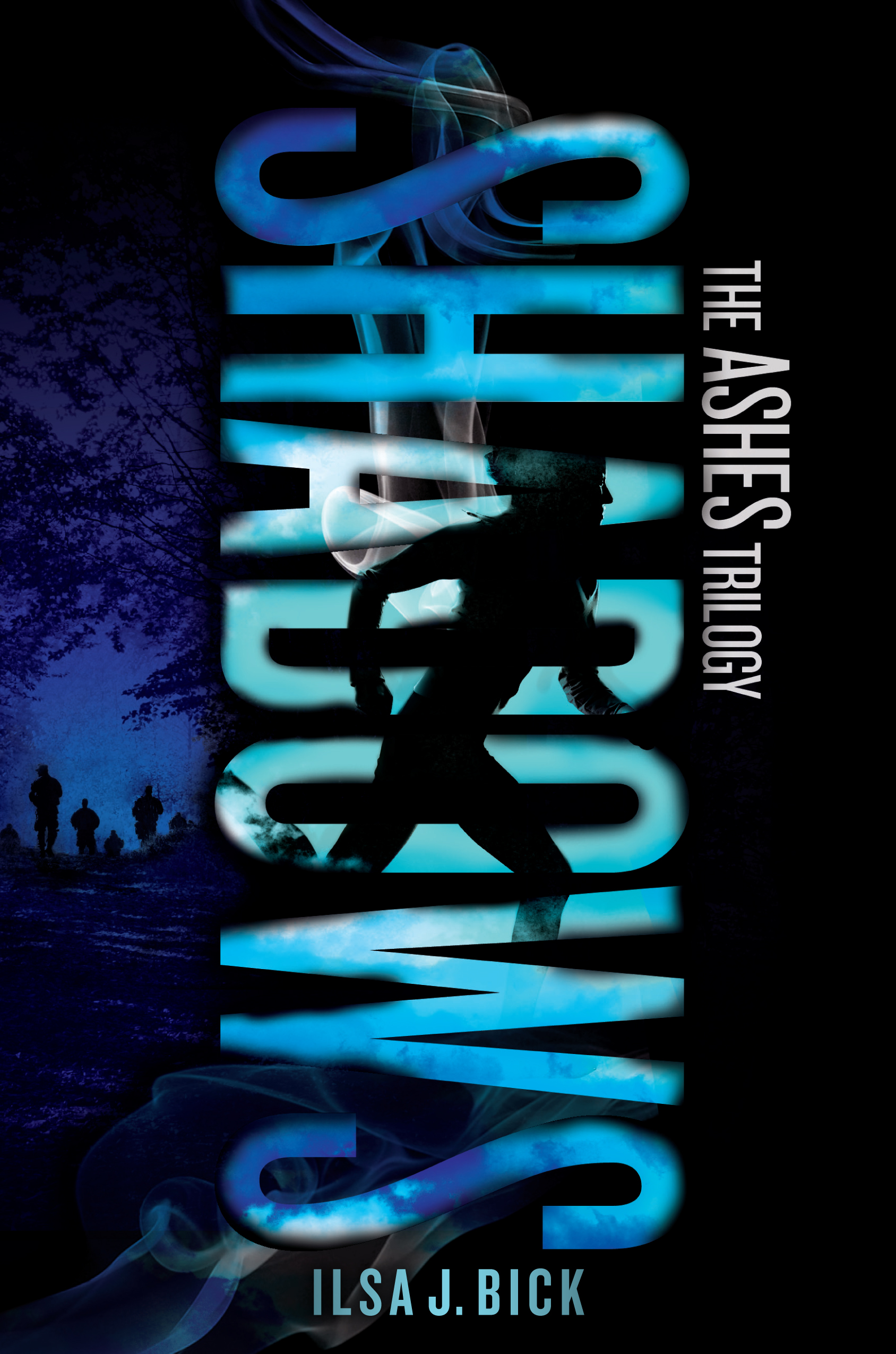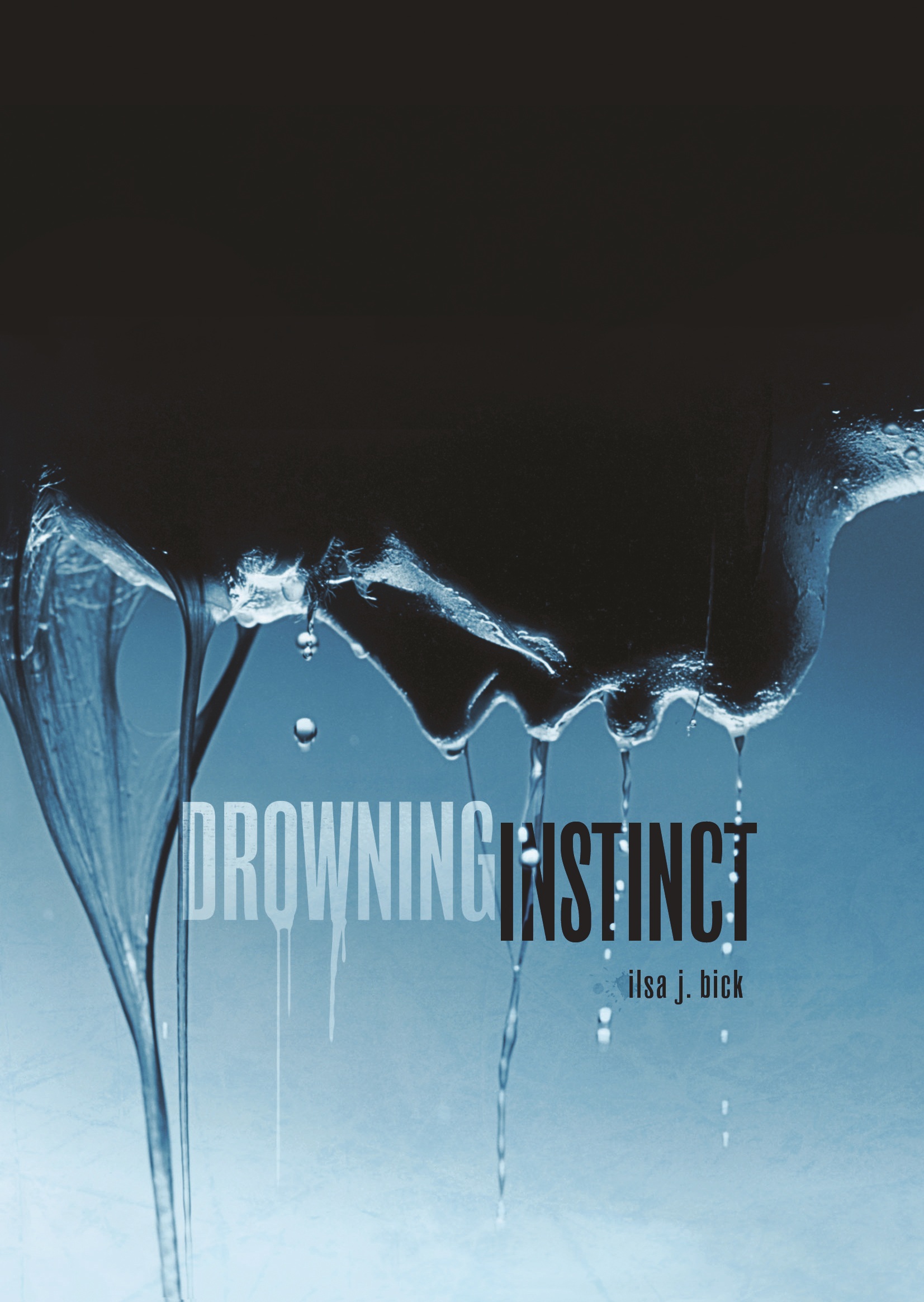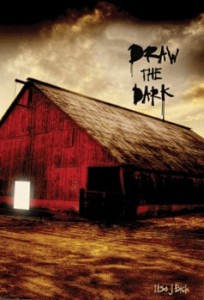While I read several books this past month, only a couple were standouts. I also indulged in some short stories–something I don’t normally do because I’m so focused on writing novels–and was just blown away by a couple, which were just splendid. Unfortunately, I listened to very little but caught up on a couple favorite movies and one currently in theaters that’s . . . well, I wish I’d written it.
Without further ado:
READS
Allen, Nina; “Wilkolak”, Ghosts: Crimewave #11 (TTA Press; 2010). As I announced on my blog, I was pleased as punch to be included in this fabulous British publication and even more tickled when I got a gander at the company I’m keeping. This story about a young man, his camera, and a fatal obsession with murder was a bit long but more than delivered. Although the final revelation–the identity of the murderer–was not a surprise, the skill with which this was delivered was simply fabulous, and the last line was a sucker-punch to gut. Just breath-taking–and Andy Cox, the editor, deserves a medal. Or an award. SOMETHING.
De Noux, O’Neil; “K Love”, Ghosts: Crimewave #11 (TTA Press, 2010). A suicide note in a clear plastic sandwich bag, a grisly crime, and a female detective working in post-Katrina New Orleans, while another storm, Rita, threatens . . . this intense and effective story within a story had me from the first line. The little touch of humor at the end just added to the overall grimness of the tale. Nicely done.
Donnelly, Jennifer; Revolution (Deckle Edge, 2010). Okay, I’ll say right now that I very nearly passed this book by. The premise was intriguing–the intertwining stories of a suicidally depressed, modern-day teenager and a young woman, the companion of a doomed prince, caught up in the heady days of the French Revolution. But while I know a fair amount about music, most of my experience lies in the classical repertoire. This story’s many references to contemporary music were a little tedious and felt unnecessary–but then again, I’m not the target audience. Some of the plotting was a bit clunky: the discovery of the diary, for example, and the time travel just didn’t work. While the historical research that went into this book was impressive, Alexandrine’s voice was less than authentic (for her social status and educational level, her language was much too cultured). Still, the basic premise is compelling: whatever the era, love can be redemptive.
Lanyon, Josh; “The Dickens with Love”; (Kindle eBook, 2009). Okay, I’m just stupid, but I had no idea this had anything to do with gay erotica. None. Zip. I didn’t know the author and only downloaded the story because the premise–the discovery of a previously unknown Christmas book by Dickens–interested me. Having always loved Dickens (and been SO disappointed when I got through all his novels and realized there wouldn’t be any more), I’ve toyed off and on with doing something either set in or involving Victorian England for years. So I came to this honestly thinking that I was settling in for a very geeky read about one of my favorite authors.
Uh . . . that would be no.
You know, in retrospect, the cover should’ve tipped me off. I’ve got a book about London’s East End and there are similar pictures of slouchy Navy guys who used to supplement their meager income through prostitution.
But, know what? Didn’t matter. I just didn’t care. This romance was just so good and the pacing so well done that the erotica kind of faded into the background for me. I wouldn’t recommend this unless you’re able to tolerate a fair amount of pretty explicit gay sex, but if you want a rollicking good story that you just won’t be able to put down, this is great fun.
Madigan, L.K.; Flash Burnout (Houghton Mifflin Books for Children; 2009). Yet another story of a kid obsessed with his camera, only this time 15 year-old Blake snaps a picture of a friend’s long-lost, drug-addict mother and then finds himself caught up in helping his “girl” friend while trying to negotiate his relationship with his dream “girlfriend.” What I really loved about this 2010 Morris Award-winner was how refreshingly nice and normal his family was (okay, some people might be turned off by crime scene photos at the breakfast table, but me and the husband both being doctors . . . you should hear our table-talk). As some people might know, L.K. Madigan recently announced that she’s suffering from Stage IV pancreatic cancer. If you’ve a mind to be supportive, you can do no better than to read her work.
Ruggerio, Cheryl Wood; “Eleven Eleven” in Ghosts: Crimewave #11 (TTA Press; 2010). Magic, religion and murder as seen through the eyes of a 12 year-old girl: This stunning story of a child victim and retribution is so artfully done, I had to put it down out of sheer envy. Then I read it twice more. Bravo.
Yovanoff, Brenna; The Replacement (Razorbill, 2010). I have a confession to make: I don’t like fairies. Just can’t get into them. I picked up this book not knowing that it’s–surprise–about fairies. But the book is so cleverly done and so dark, and Mackie Doyle such a fabulous protagonist, I stuck with it, and was very glad I did. (I even learned some folklore while I was at it.) If you’re tired of courts and the usual paraphernalia associated with this sub-genre, I suggest you give this gritty book a try.
LISTENS
Sedaris, David; David Sedaris Live at Carnegie Hall (Time Warner Audio Books; 2003). I have to admit that I love listening to David Sedaris’s stuff more than reading his books. His deadpan delivery is so spot on and the audience’s reaction so infectious, the time just flies. I usually listen to audiobooks as I cook, and while this book lasted, I made the most elaborate dishes just to stay in the kitchen. The seven stories here will make you laugh out loud, so be careful if you’re chopping vegetables or you’re liable to end up with a fingertip in your stir-fry which, aside from ick-factor, is still fine protein. My favorite is his endorsement of a “freedom leg bag”: The bag can be emptied and reused up to 12 times, making it both disgusting and cost-effective.
LOOKS
The King’s Speech (Tim Hooper; 2010). Everything you’ve heard about this movie is true. This fabulously effecting story about a reluctant king (Colin Firth) and his efforts to overcome a debilitating stammer with the help of a speech therapist (Geoffrey Rush) is one of the finest examples of talk-therapy in action. Never mind the speech therapy stuff (all good). Pay attention to how much psychiatry comes into play here; it’s very well-done without being heavy-handed. Rush has the great lines, but Firth is the better actor here; his performance is understated, skillful and absolutely riveting. If this film doesn’t pick up a bunch of awards, there is no justice. Oh, and believe it or not, there’s also a book by Logue’s grandson which owes its existence to the film instead of the other way around. Haven’t read it yet, but this film made me eager to learn more. And, darn it, I’d wish I’d had the idea first . . .
Pretty Woman (Garry Marshall; 1990) This was playing about a bazillion times over on one of the networks–Oxygen, I think–so one night I just plopped down and enjoyed myself all over again. I am not a Julia Roberts groupie or even a particularly ardent fan, but I adore this fairy tale where the girl rescues the guy, and vice versa. And, of course, we all know that every sensitive guy worth his salt has got to love opera. Great clothes and two beautiful people: This is just good, clean, frothy fun.
Unfaithful (Adrian Lynne; 2002). Seeing Pretty Woman reminded me of yet another Richard Gere film about adultery, murder and complicity. Here, there’s no happily ever after–and, sometimes, no going back either.
